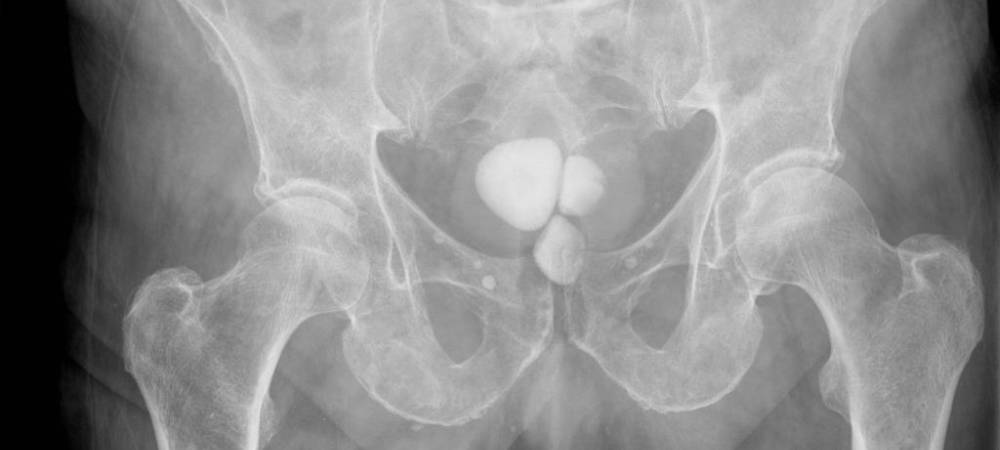- Kidney Stone Treatment
- Andrology consultation
- Urology consultation
- Urinary tract infections
- Pediatric Urologist
- Cancer Surgery
- Urethral Stricture treatment
- CAPD cathersiation
- AV Fistula Surgery
- Male Infertility & Andrology
- Reconstructive Urology
- Genitourinary tract Cancer
- Prostate Cancer Treatment
- Bladder Cancer
- Kidney Cancer
- Ureter stones
- Bladder Stones

Bladder stones are hard masses of minerals in your bladder. They foster when the minerals in concentrated pee solidify and structure stones. This regularly happens when you have inconvenience-totally discharging your bladder.
Little bladder stones might pass without treatment, yet some of the time bladder stones need prescriptions or medical procedures. Left untreated, bladder stones might prompt contaminations and different complexities.
What Causes Them?
Your bladder’s responsibility is to gather pee from your kidneys until you need to pee it out. When you do, your bladder ought to be vacant. Yet, some medical problems can keep that from occurring, and you end up with pee left in your bladder. Then, at that point, a portion of the substances in the pee begin to stay together and structure gems until they structure a bladder stone.
There are various issues that can prevent your bladder from purging.
- Bigger than normal: prostate. Just men have prostates – it’s an organ that helps make semen. As men age, the prostate as a rule gets greater and can crush the urethra, the cylinder that completes pee of the body. At the point when that occurs, it resembles a crimp in a hose – pee doesn’t stream too, which makes it difficult for the bladder to purge.
- Nerve harm: Likewise called neurogenic bladder, it implies your bladder’s nerves don’t work like they typically would. This can prompt pee left in there.
What are the symptoms?
Some of the time bladder stones — even enormous ones — cause no issues. In any case, if a stone aggravates the bladder divider or squares the progression of pee, signs and indications might include:
- Agony during pee
- Regular pee
- Trouble peeing or intruded on pee stream
- Blood in the pee
- Overcast or curiously dim shaded pee
Diagnosis and Tests:
Your doctor will get some information about your manifestations and start with an actual test, feeling your lower paunch to really look at your bladder. You may then have:
- Cystoscopy: Your primary care physician puts a little cylinder with a camera – a cystoscope – in your urethra and sends it up to your bladder to search for stones.
- Imaging: This can assist with discovering the area and size of any bladder stones and hope to see whether pee is obstructed anyplace. Your doctor may utilize CT, X-beam, or ultrasound.
How to Book An Appointment?
Dr. Yogesh Torkadi at Urovision Kidney Super Speciality Clinic provides the best treatment for various urological diseases in Sangamner. For more information about our comprehensive treatment options, or to request an appointment with the best Urosurgeon in Sangamner call 07666109771 or Click on Book Appointment for online booking with your near hospital.

